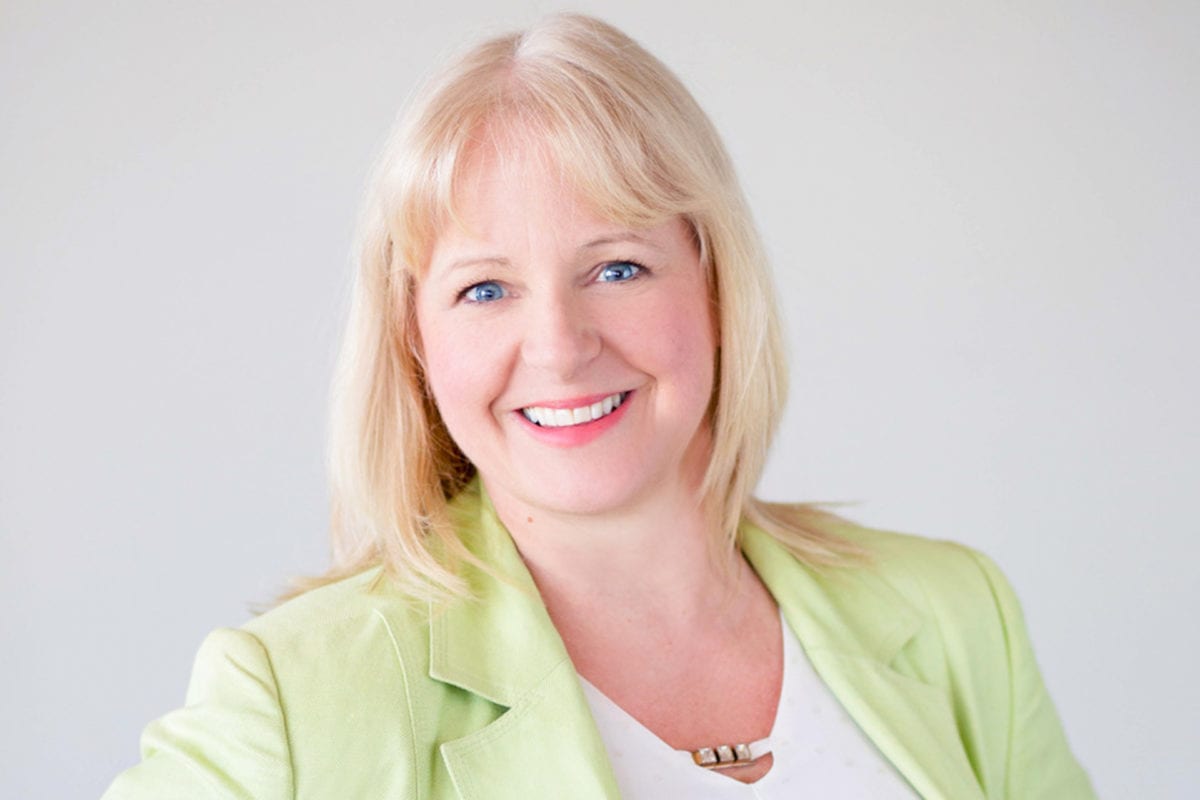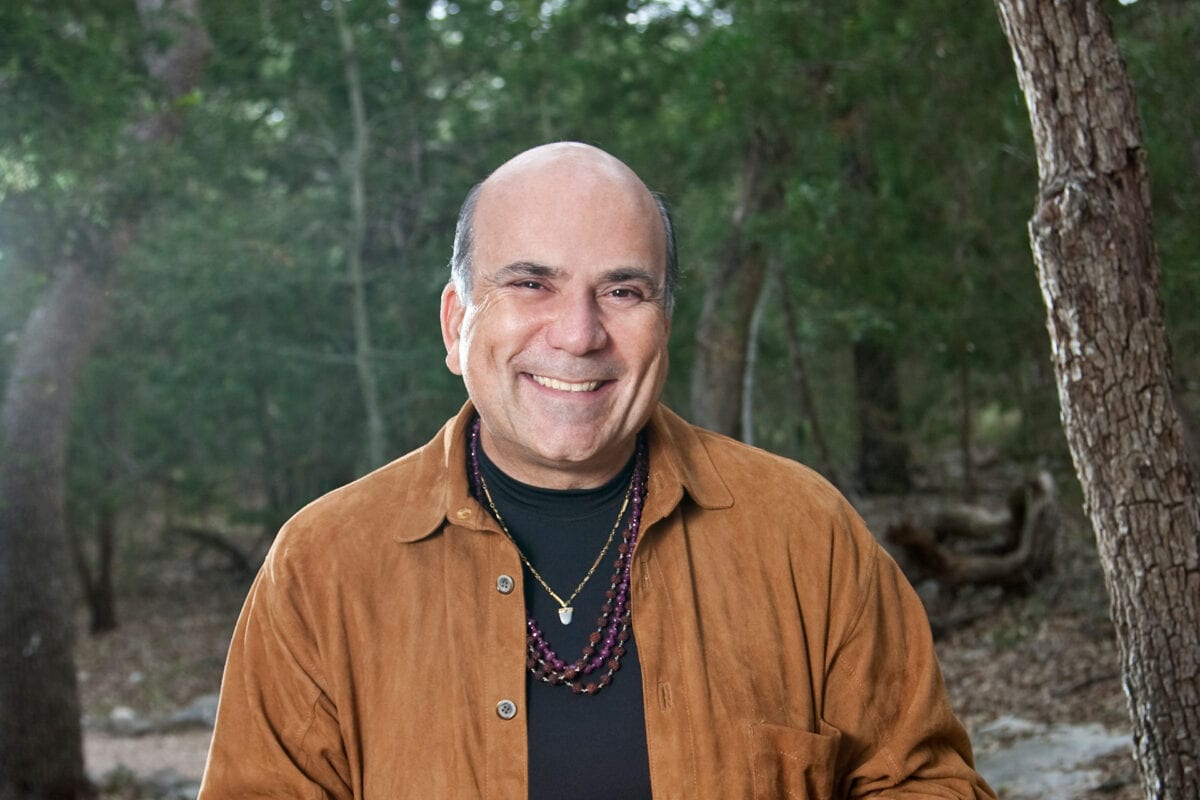Stephanie Allen founded Gateway Development in Amherst, Nova Scotia, where she works with individuals and companies to help them improve physically and spiritually. With her experience in massage therapy, acupuncture, yoga, and consulting, Allen worked for others across Canada and the US for several years before returning to Nova Scotia to embrace the entrepreneurial life and create Gateway, which has grown into a successful venture in the wellness and development field. She was featured in the Winners’ Circle in a previous issue of The Edge, and this is part of that conversation.
What do you find is a recurring issue in business relationships or company culture today? How would you improve them?
In over 25 years of working in corporate health and wellness, the number one problem that contributes to lack of success is the lack of self-knowledge or personal intimacy (“in-to-me-I-see”). Most people are so busy looking outward for answers, recognition, and results that they miss creating the substance that holds resiliency, endurance, passion, and purpose. When we focus only on creating the outer, we miss the potential that lies within each one of us to keep us grounded and realizing our potential.
The current paradigm in which we live tells us that there isn’t enough time, money, skilled workers, resources, customers, etc. And we go as far as to take it personally, telling ourselves that we aren’t good enough, we need to be smarter, faster, work harder and longer if we are to be the best and stay on top. Companies and leaders need to recognize their gifts, strengths, weaknesses, passion, and purpose to develop a healthy mindset. When this happens, the quality of what can be achieved is magnified. Most of our world is dyslexic, thinking we need to change the outer, when it’s the inner mindset and perspective that we need to change if we want to the outer to change. When companies understand how to better lead with vision and leverage the value of their teams, resources, and opportunities, then more time and money will automatically follow.
What led to your interest in wellness? Why do you believe that it’s worthwhile for a small business to invest in corporate wellness services?
Years ago, I was an employee for an organization that had a vision but didn’t invest in understanding the human capital and resources it already had on the team. The motivator to get us to be “productive” was to put fear into the staff. “We aren’t going to make our payroll this month,” they would say. “You have to work harder, make more money, do more, or we will have to close our doors.” Many organizations believe that working harder, longer hours will make them more productive. This simply is not true. Often it burns people out and builds fear and resentment. Fear is not the kind of motivation you want for your goals and vision if you want productivity and longevity.
That experience motivated me to find another way to be a leader that was an inspiring role model for others. My own discovery, that our business is always a mirror of ourselves, led me to do some soul-searching, so I could practice my own healthy living while being in service to others.
Gateway has been a proven success in stress management and improving workplace relationships. Do you believe corporate wellness services like yours should be a fixture for every corporate setting?
We are always learning and growing, and we aren’t always perfect. We do our best to practice what we preach and build a strong relationship with our own personal vision and with our team. In my younger years I had a business mentor who said, “If you want to grow tall and big in business, you’ll need a deep inner foundation that is unshakeable when life happens! After all, real wealth is what you have left when your money is all gone.” Most organizations are focused on the outer wealth and neglect the inner wealth of creativity, connection, confidence, and clarity of purpose that truly brings wealth on all levels.
How do you apply your own philosophies on workplace wellness to the businesses that you manage?
I approach each business as if it was a being unto itself. Every business has a life mission, a vision with gifts and strengths, as well as weakness and blind spots. If we relate a business to a human being, we know that if a being is out of balance and its needs are neglected, eventually over time it will manifest a disease. Once a disease is present, it will take more time, money, and energy to repair the damage and regain health (if it’s not too late).
Human nature often waits until there’s a crisis or suffering to make change. My role is to listen to the needs of the business, what mission it wants to carry out, and to create an environment that attracts the right people to fulfill that mission. Communicating and clarifying a company culture that energizes and empowers the team to improve relationships, recognize strengths, and leverage value to optimize impact, potential, and results for life and business.
Shirley Graham | Contributing Writer




















